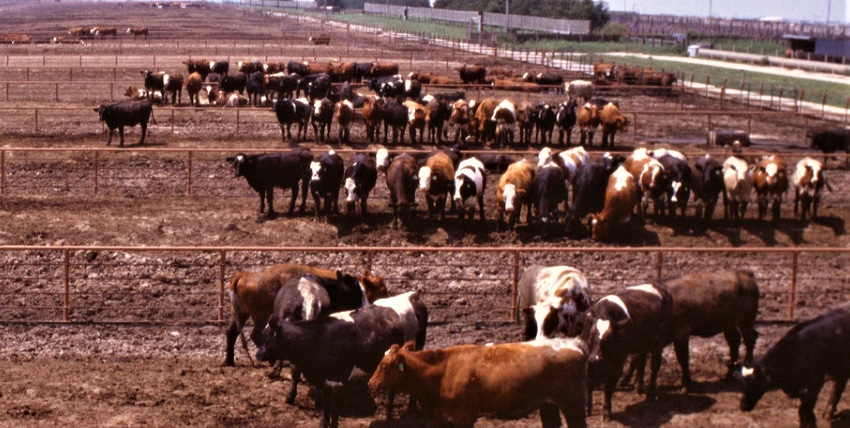
The Oregon Farm Bureau has set aside an initial $25,000 to battle a proposed ballot initiative that would criminalize ranching activities in the state, and the group is gathering funds and allies for what its leaders expect will be a long fight.
Backers of Initiative Petition 13 have turned in the 1,000 signatures they needed to receive a draft ballot title, a public comment period for which is running through June 3, according to the OFB.
The Farm Bureau is now encouraging people to submit sufficient comments to support a ballot title challenge, which would unfold over the summer. In the meantime, proponents are gathering the 112,000 signatures they’ll need by next summer to put the initiative on the November 2022 ballot.
The organization is also seeking donations for an opposition campaign and is about to unveil a website where volunteers and contributors can join the effort, its leaders say.
Related: Oregon initiative would ban animal slaughter, breeding
“Put simply, this petition is designed to criminalize farming, ranching, hunting, trapping, pest control, and killilng of animals for any reason,” OFB Vice President of Public Policy Mary Anne Cooper said in a blog post. “It is also designed to prevent anything but offering any medical care fo animals, and ensure that activities typically done for animals’ health and safety – like branding or de-horning – cannot occur.”
IP13 would amend existing animal cruelty laws in Oregon by classifying the slaughter of livestock as aggravated abuse and redefining artificial insemination and castration as sexual assault.
The proposed Abuse, Neglect and Assault Exemption Modification and Improvement Act would delete all references to “good animal husbandry” from state statute and only allow an animal to be injured in cases of a human’s self-defense. A veterinarian’s spaying and neutering of household pets would still be exempt.
Portland, Ore., animal activist David Michelson, who is leading the campaign, told a local radio station earlier this year the initiative would “radically transform” how animals are treated in Oregon.
Related: National animal groups shun Oregon, Colorado initiatives
“If this passes,” he told Portland’s KBOO-FM, “Oregon would essentially be a sanctuary state for animals. Any animal in the state of Oregon would have their rights more or less codified in law, that they deserve a life free of abuse, neglect or sexual assault.”
Proponents of IP13 have not responded to requests from Farm Progress or other agricultural media for comment.
Title fight in Colorado
The proposal comes as animal-welfare activists in Colorado are gathering signatures for a similar 2022 ballot measure, which would ban artificial insemination and other commonly accepted animal-care practices and prevent the slaughter of livestock that have not yet lived more than a quarter of their anticipated lifetime, which for cattle would be about five years.
Related: Fight animal ag misinformation with facts, expert says
Opponents including the Colorado Cattlemen’s Association were appealing the title of that initiative to the state Supreme Court on the grounds that it includes more than one element.
“It covers both the harvest of animals as well as the animal welfare issue,” CCA executive vice president Terry Fankhauser recently told Farm Progress. “We also think the language of the title is misleading. It discusses sexual acts with animals, but what it’s limiting is much broader.”
Oregon’s roughly 12,000 beef producers raise about 1.3 million head of cattle in the state’s 36 counties, according to the Oregon Cattlemen’s Association. In addition, many Northern California ranchers truck thousands of head of cattle into Oregon for summer pasture. As cows have a 9-month gestation cycle, AI for spring calving would happen in the summer.
“Oregon has among the most progressive laws around animal abuse in the nation,” Cooper wrote. “However, those laws only passed the Legislature because they were specifically negotiated to not cover farming, ranching, hunting, trapping, research, and other activities where existing standards of animal care and husbandry already apply.
“The intended and unintended consequences of this proposal would be staggering,” she added. “I can think of very few aspects of agriculture that wouldn’t be touched. Vole removal, beaver removal, and other activities necessary for supporting farming would be criminalized alongside animal agriculture.”
About the Author(s)
You May Also Like






